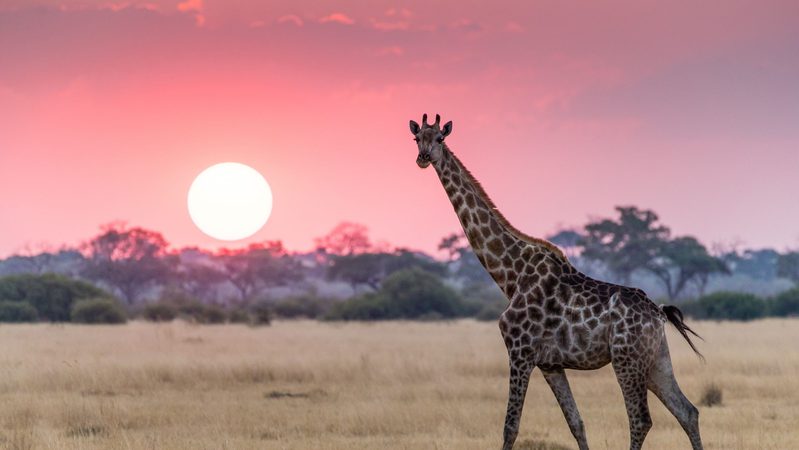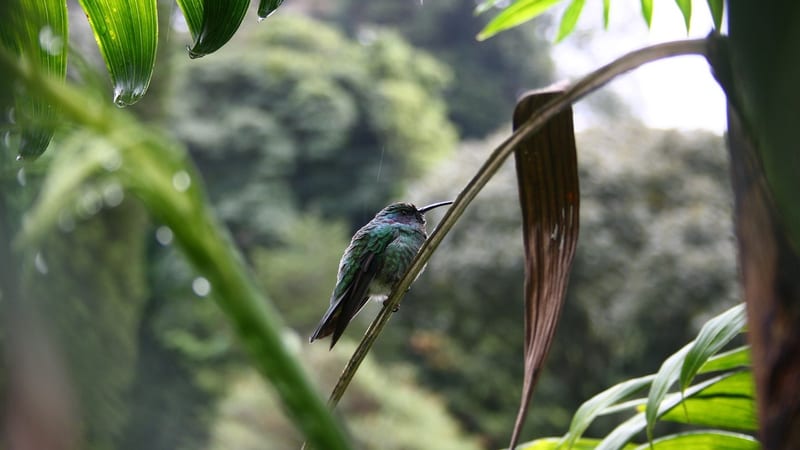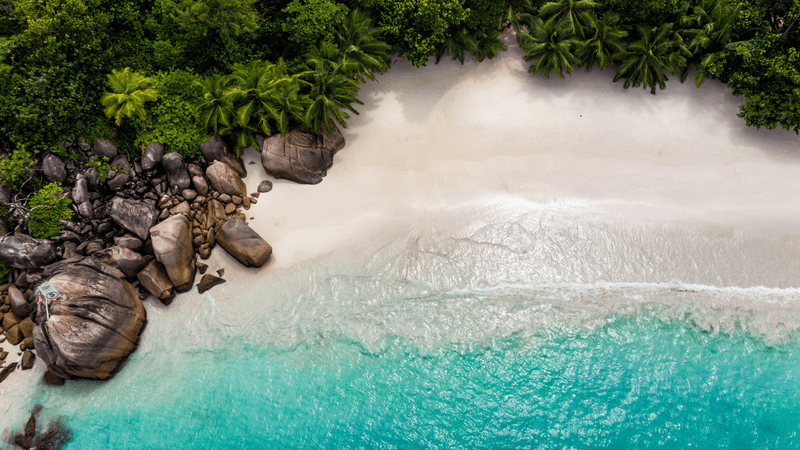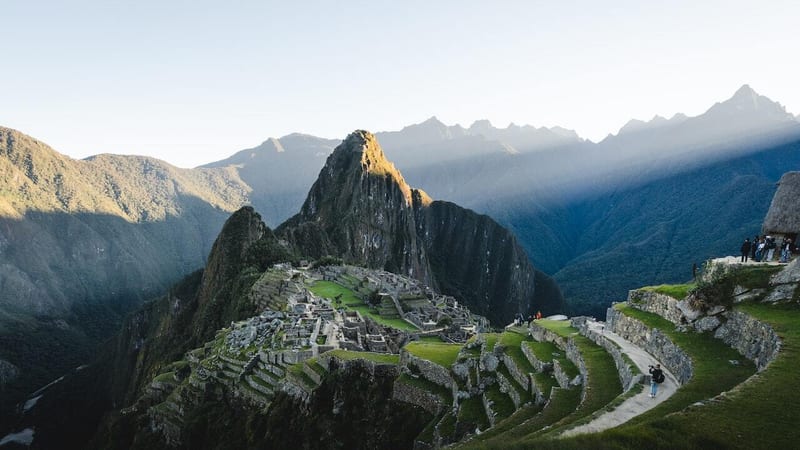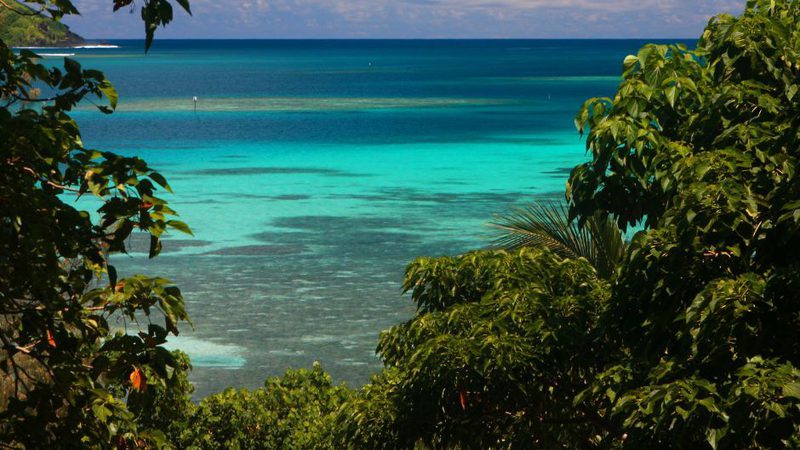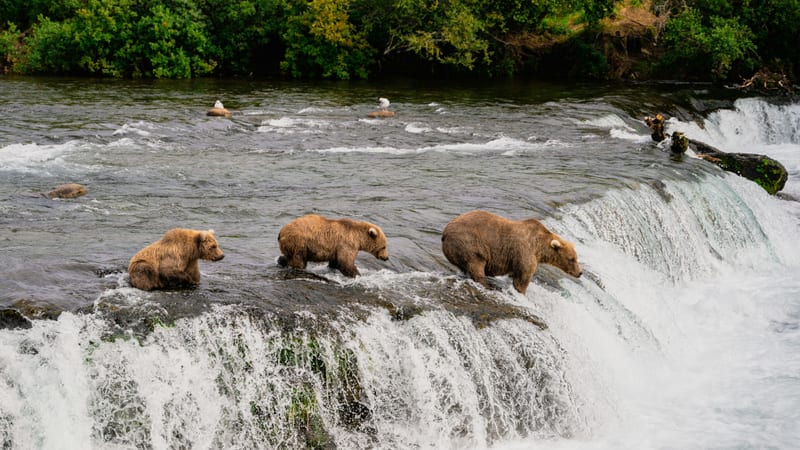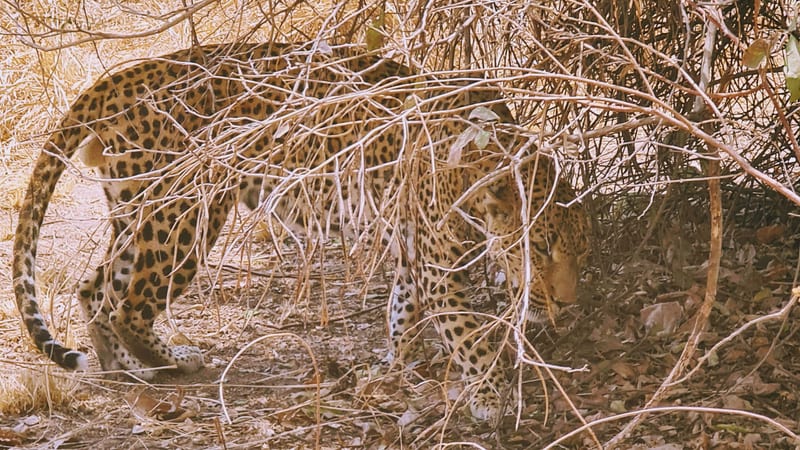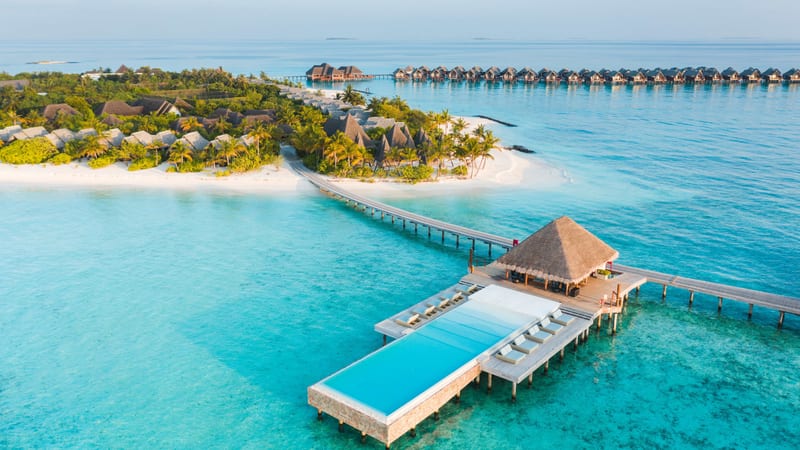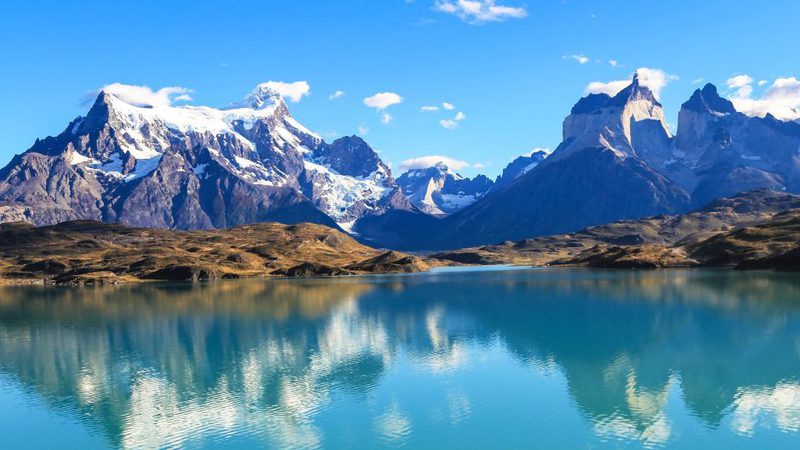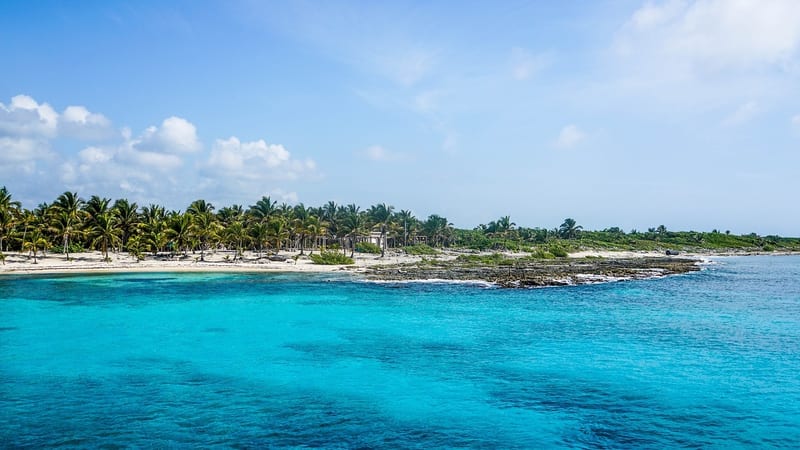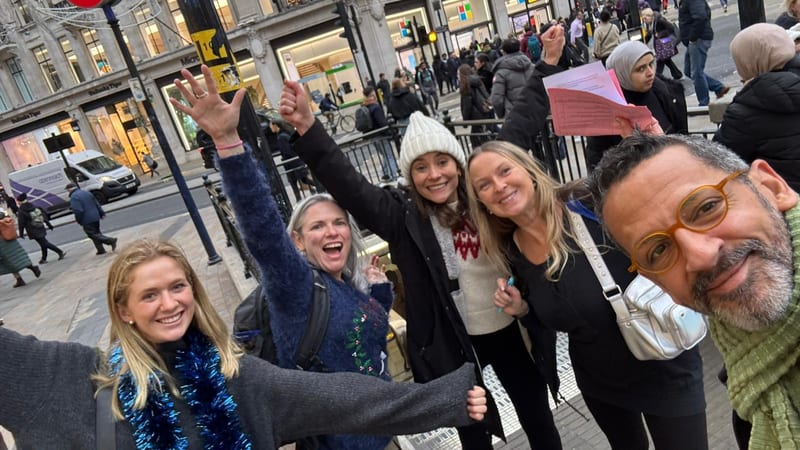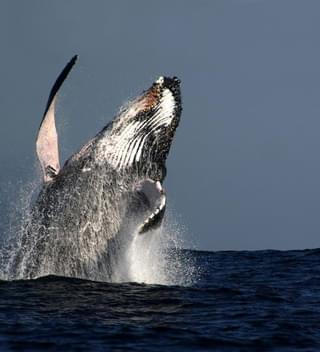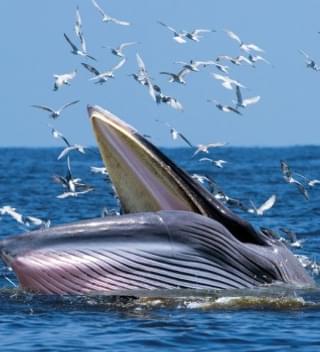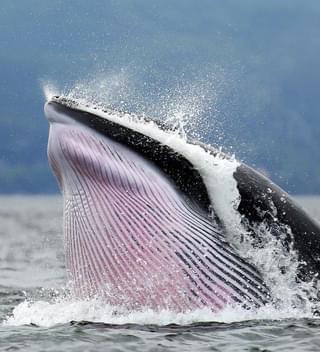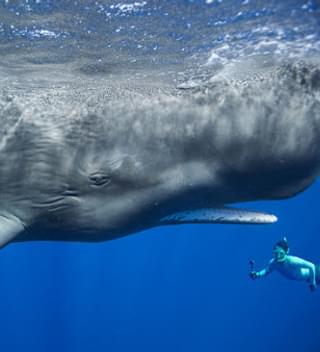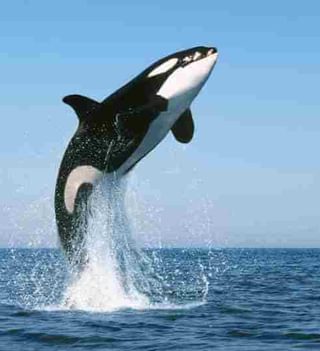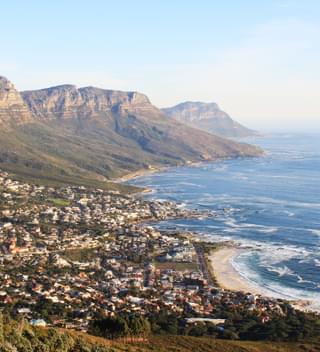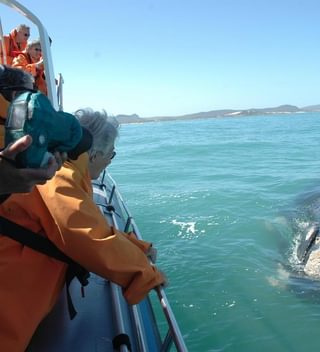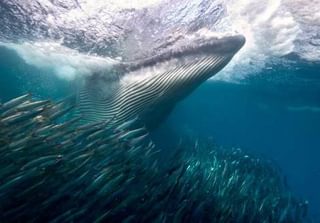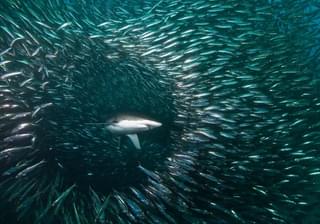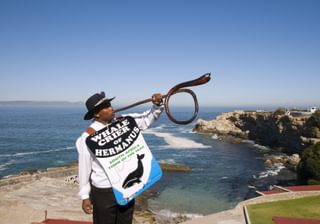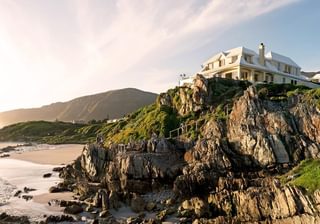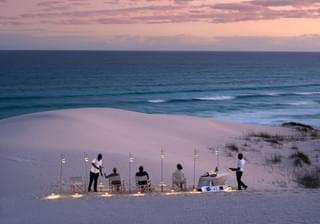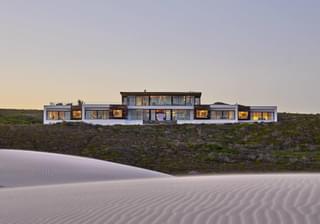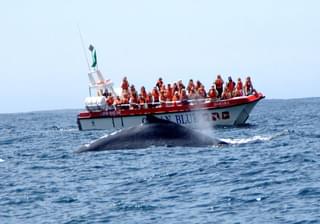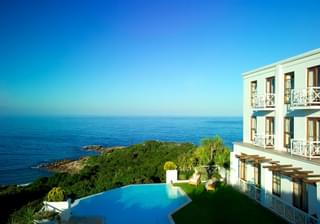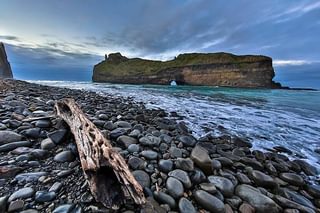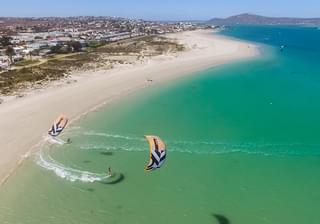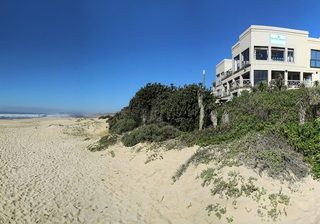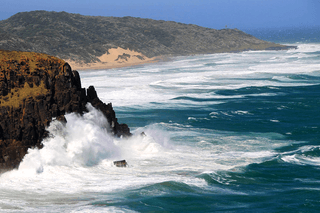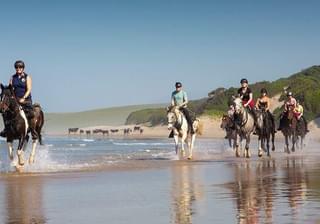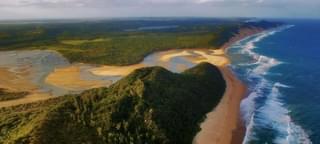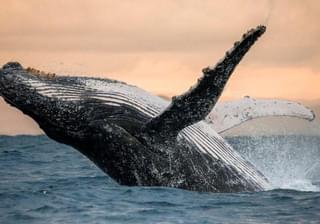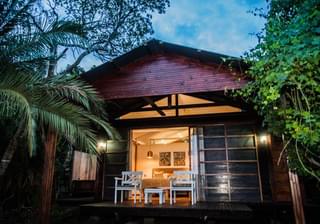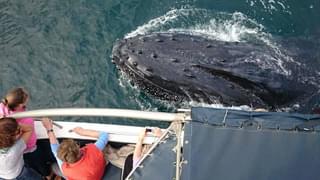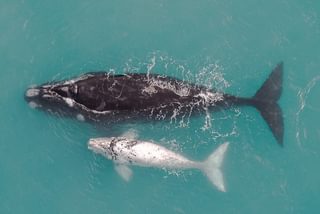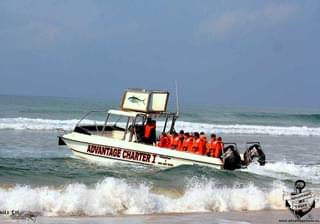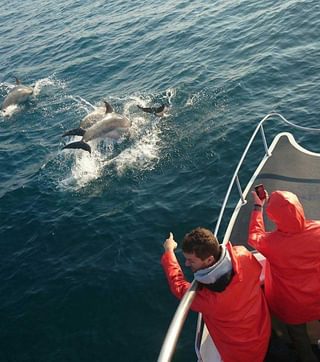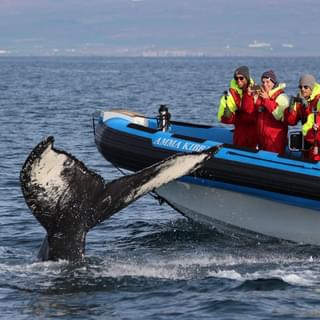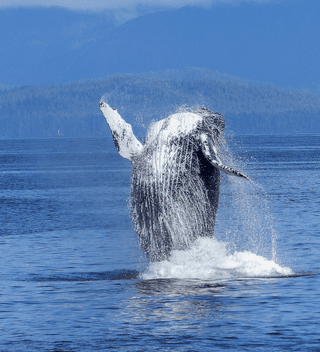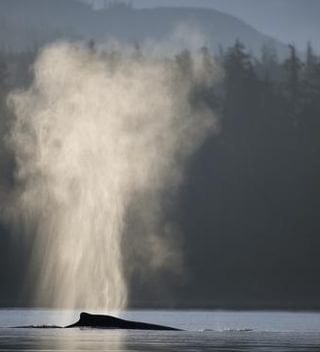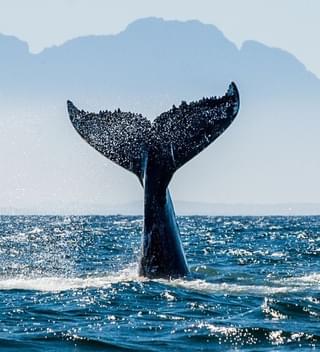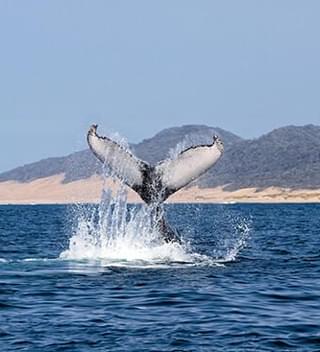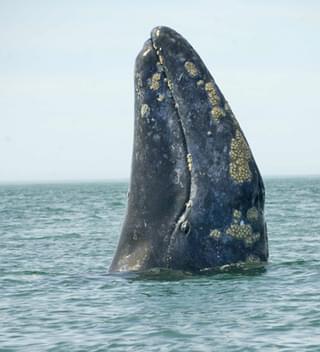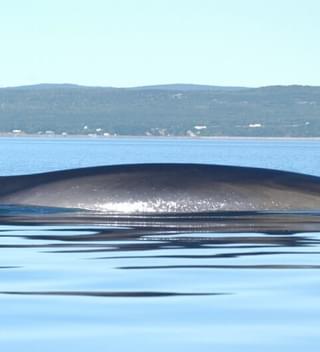Speak to a South Africa expert today
and start planning your tailor-made holiday

Alistair

Tamara
This was our 2nd trip organised via Far & Wild from Australia - previously Africa and now Sri Lanka. Nia and the rest of the team were great - excellent itinerary, happy to modify the trip based on my suggestions and research, and they handled some last minute changes caused by a health issue without any problems at all. They were very quick to reply to all messages - and the trip went really smoothly. If you want an up-market holiday, this is a great organisation to organise that sort of trip!
What can I say….my son and myself had the most wonderful time in Kenya thanks to the first-class itinerary that Ben and Louise put together for us. We spoke with Ben many times to ensure he ‘got it right’. This was our 2nd visit to Kenya, and it certainly lived up to our expectations and memories. Nothing was too much trouble for all the staff; we cannot have been looked after any better. I would highly recommend Far and Wild; they are so knowledgeable and have personally visited the lodges and areas. We are already planning another visit, and we cannot wait.
Thank you to Nia and Far & Wild. My wife and I wanted to go to Vietnam and capture a real taste of the country from top to bottom but didn't have a clue where to start. We weren’t even sure if it was possible. Through speaking to Nia, sharing ideas and asking questions we were able to book what looked to be an extremely exciting trip - we could not wait to go. The reality of the trip more than matched our expectations. We had unforgettable experiences that we would never have been able to organise ourselves. The true value in this trip was that someone who knew what they were doing could give us the experience we truly craved. Well done Nia, it was a holiday we will never forget and we can’t wait for the next one. Thank you!
Had an absolutely amazing 3 weeks in Chile and Argentina! We were a group of 8 friends - 4 couples. The vans used for our private excursions were very good and spacious. All the ground arrangements were as planned … the guides were very good - their English and knowledge was amazing. They made sure we had a good time. The picnic lunches were served in great locations with fabulous views and setup with tables and table cloths! Highly recommend Far & Wild! Looking to book another trip with them next year!
Seamlessly organised! Brilliant suggestions of where to go which really gave us a 360 view of Kenya and hit our families need for adventure and mine for a bit of luxury.
Alistair took time to understand what we were after and came up with an unforgettable Kenyan safari and beach holiday which we will all remember for a very long time. Real memory making trip with our 10 and 12 year old boys. Exactly what we hoped for and more!
Otti organised a superb holiday to Kenya and Seychelles for my husband and I and our 2 adult daughters. It was our first safari and we only had a vague idea about where to start. Otti made the process so simple for us, suggesting an itinerary which she tweaked following discussions about the camps and hotels, and was really quick responding to my many queries; she was friendly, helpful and gave me complete confidence we were in excellent hands throughout. Far and Wild clearly have knowledge about the places they are recommending and work as team to provide the best service - definitely a 10 out of 10 for customer service and organising an amazing holiday for us.
We can't thank the Far and Wild team enough for the most incredible trip we just had in Kenya. Otti really took into account what we were after and delivered an experience that exceeded all expectations. It was the trip of a lifetime! We had the most beautiful and unique time while on safari at the Instinct of the Mara. We really wanted to visit a camp that took ethical and sustainable practices seriously without compromising on the experience... and wow, it was truly wonderful and special! We'll definitely be returning. Our time at Diani beach was also lovely and very relaxing. Every step of the trip was seamless and we didn't have to worry about a thing. We had 4 domestic flights and a handful of car rides to take and everything was extremely organized and ran smoothly. We can't wait to book our next big trip!! Very grateful.
Ben and Tamara at Far & Wild were exceptional in every respect. They offered thoughtful advice, excellent recommendations, and meticulous planning, weaving together their personal connections to help our family transform a collection of ideas into a magnificent six-week adventure. Every detail was handled with care - no transaction overlooked - which is all the more impressive given the complexity of moving three people across four regions of the country by every mode of transport imaginable. Their expertise gave us complete peace of mind and allowed us to simply enjoy the journey. I have already recommended Far & Wild to friends and would not hesitate to do so again.
So great to be able to leave the details to the professionals at Far & Wild. Our two-week tour of Buenos Aires and southern Uruguay was pitch-perfect to our requests and goals. Amanda understood clearly what we were after, and crafted an idyllic itinerary with our style of hotels, guided tours, and transfers. Complementing Far & Wild's first-person knowledge of the territory were the excellent resources "on the ground" in Argentina and Uruguay to handle last-minute changes and requests. We've found our travel partner!
I have just returned from the most amazing trip to Tanzania, booked with Far & Wild. Everything went so smoothly from the first time I spoke with them. The planning was great, the itinerary was perfect for us, and the lodges were amazing. We spent 10 nights with an amazing guide, travelling through Northern Tanzania and even got to see the migration, which was a lifetime ambition of mine. This wasn't our first safari, so we were nervous as to how it would compare, but it was spot on. I will certainly be using them again to book our next trip....we're thinking of a relaxing beach stay next time to get over the excitement of safari!
It was a dreamy holiday on the Kenyan Coast - Far and Wild, their efficiency and professionalism allowed us to relax and be the happiest family alive !! We cannot fault them, their care and understanding of what we wanted from a holiday ensured we had the most memorable trip. We will be booking with them again for sure!
Just back from another amazing F&W organised trip to Namibia with the family (8 adults). Having been there before, Alistair tailored our trip to include our favourite locations and added a new one for us, which we loved.The quality of accommodation and guiding, activities, food and drinks was exceptional throughout. It was good value for the level of luxury we had.
We had a wonderful trip to São Tomé and Príncipe - a small island nation in the Gulf of Guinea with paradise (almost empty) beaches and jungle forest. It was all well organised by Far and Wild and we stayed at a great combination of different types of resorts/hotels. We really recommend this for those who want to experience a pristine destination with few other tourists and friendly and welcoming people. The islands also feel very safe. At Principe, there are no dangerous animals, snakes or whatever, and it was great to be able to hike in the jungle without being very conscious of where to put your hands and feet. Go before everyone else does!
Back home again, basking in the joys of a superb safari. Every aspect you arranged for us, including linking up with Mack Air and Wild Horizons locally to transport us. The choice of camps was ideally situated, comfortable, in good surroundings, and with excellent wildlife on the doorstep and throughout the wider country. The service staff in each looked after us very well, catering was excellent, and the game guides were professional, knowledgeable and helpful. You made us happy, and we recommend you to similar safari enthusiasts with confidence.
Far and Wild went above and beyond to make sure my trip to Zambia was special. I would definitely recommend them and their services to anyone wanting to travel to Africa.
Lovely holiday at the amazing Almanara on Galu beach, a beach like no other. Far and Wild excelled themselves from beginning to end of our holiday in beautiful Kenya.... What a country!,
Wow! These guys are amazing. Can’t recommend them highly enough. Friendly AND efficient! Sorted out our trip (last minute and lots of different family member needs, sorry!) in record time and everything worked like clockwork. Trip of a lifetime to the Masai Mara. Will be back (and use F&W again!)!

